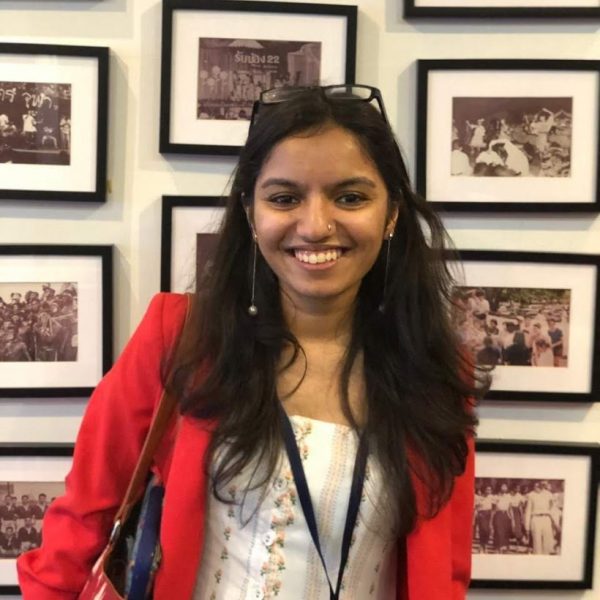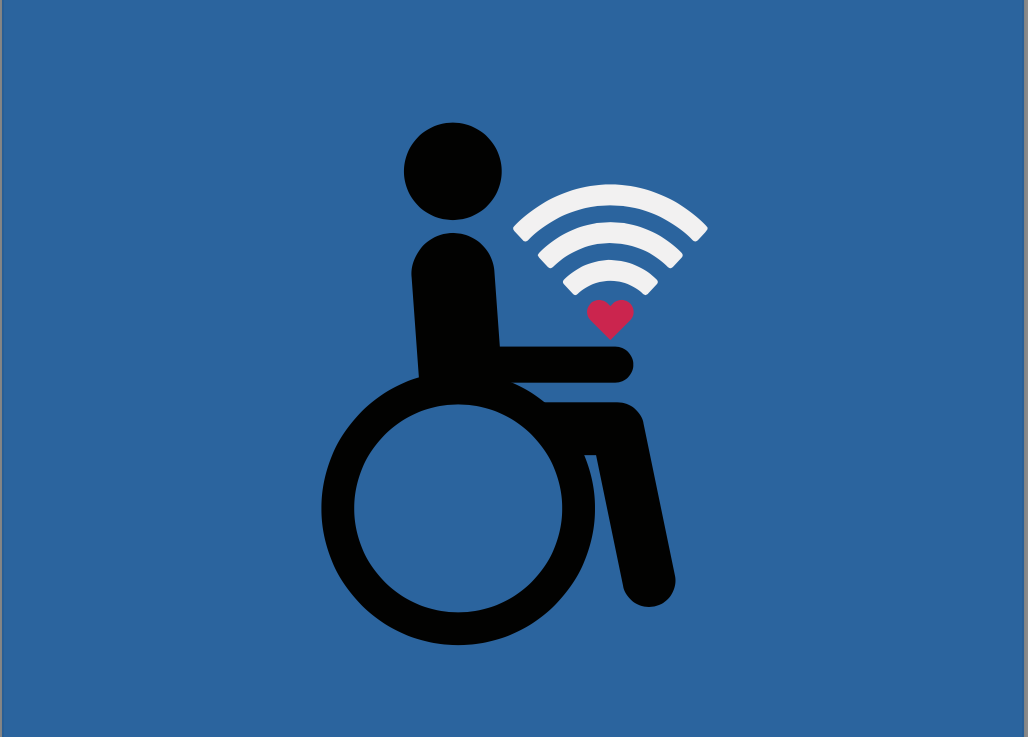In India, while the principal disability rights law, the Rights of Persons with Disabilities Act, 2016, mandates that every service provider, whether government or private, must make their services disabled friendly in accordance with the rules on accessibility formulated by the Government of India, the reality is very different.
From ordering food to groceries, from finding a partner to socialising, from consulting doctors to booking flight and train tickets – technology is used for a whole range of everyday activities. This practical reality prompted us to ask the question — how disabled friendly are the most widely used apps in India?
Vidhi, I-Stem and Mission Accessibility conducted an evidence-based evaluation of the accessibility of ten of the most widely used apps in India, from the standpoint of persons with disabilities. This report contains the findings of this exercise, along with practical recommendations for what each relevant stakeholder can do to ensure that the disabled are able to participate in the digital marketplace like their able-bodied counterparts.
About the Authors

Ameen Jauhar
Ameen was a Senior Resident Fellow at Vidhi, and led the Centre for Applied Law and Technology Research (ALTR). His interest and research focus lies in AI ethics, and the governance of AI. Within ALTR, he has been leading the team's collaborative research on data trusts, and artificial intelligence. Ameen has also worked on the intersection of technology and the justice system, as a senior fellow working on the JALDI mission's engagement with the Supreme Court of India's AI and E-Courts' committees.
Ameen has a formal educational background in social research methods and evidence-based policy. He completed his master’s programme from the Institute of Education (University College London), focusing on the use of research evidence in policy processes, and was awarded an MSc. with an overall distinction. Before this, he completed his undergraduate legal studies from the W.B. National University of Juridical Sciences [B.A. LL.B. (Hons.)] in 2012. Prior to Vidhi, Ameen worked at J. Sagar Associates, in the firm’s regulatory and policy team. He has practised in the Supreme Court of India, the Delhi High Court, and numerous tribunals.

Jai Vipra
Jai is a Senior Resident Fellow at the Centre for Applied Law and Technology Research (ALTR) at Vidhi. Her work focuses on the economics of platforms and its implications for regulation. Jai has previously worked at IT for Change and the National Institute for Public Finance and Policy (NIPFP) in the areas of fintech, cryptocurrency, data commons, platforms and digital trade. Jai completed a Master of Public Policy from the University of Oxford.

Rahul Bajaj
Rahul Bajaj is Senior Associate Fellow [Disability Rights] at the Vidhi Centre for Legal Policy. In this role, Rahul works with Vidhi's Disability Inclusion and Access team to provide high quality thought leadership on legal policy issues concerning persons with disabilities, assists the team with various origination and engaged projects, spearheads the team's strategic litigation efforts and assists in building mutually beneficial partnerships. Rahul is also a practicing lawyer in the courts of Delhi and the Co-Founder of an NGO called Mission Accessibility which also works on advancing the rights of the disabled. Rahul's prior experiences including working in the Disputes Practice in Trilegal, Delhi, pursuing two masters in law degrees from the University of Oxford as a Rhodes Scholar and clerking for the current Chief Justice of India, D.Y. Chandrachud.

Kartik Sawhney
Co-Founder I-Stem

Shakul Raj Sonker
Co-Founder, I-Stem

Sunil Choudhary
Co-Founder I-Stem

Akashdeep Bansal
Co-Founder, I-Stem

Srinivasu Chakravarthula
Accessibility Professional

Amar Jain
Corporate Lawyer and Certified Accessibility Professional

Turab Chimthanawala
Lawyer and Company Secretary







